Have you ever heard of BPO accounts? If not, are you interested in learning about it? Learning about BPO accounts is important for anyone interested in business or considering a career in outsourcing.
It helps understand how businesses delegate tasks to third-party providers to improve efficiency and cut costs.
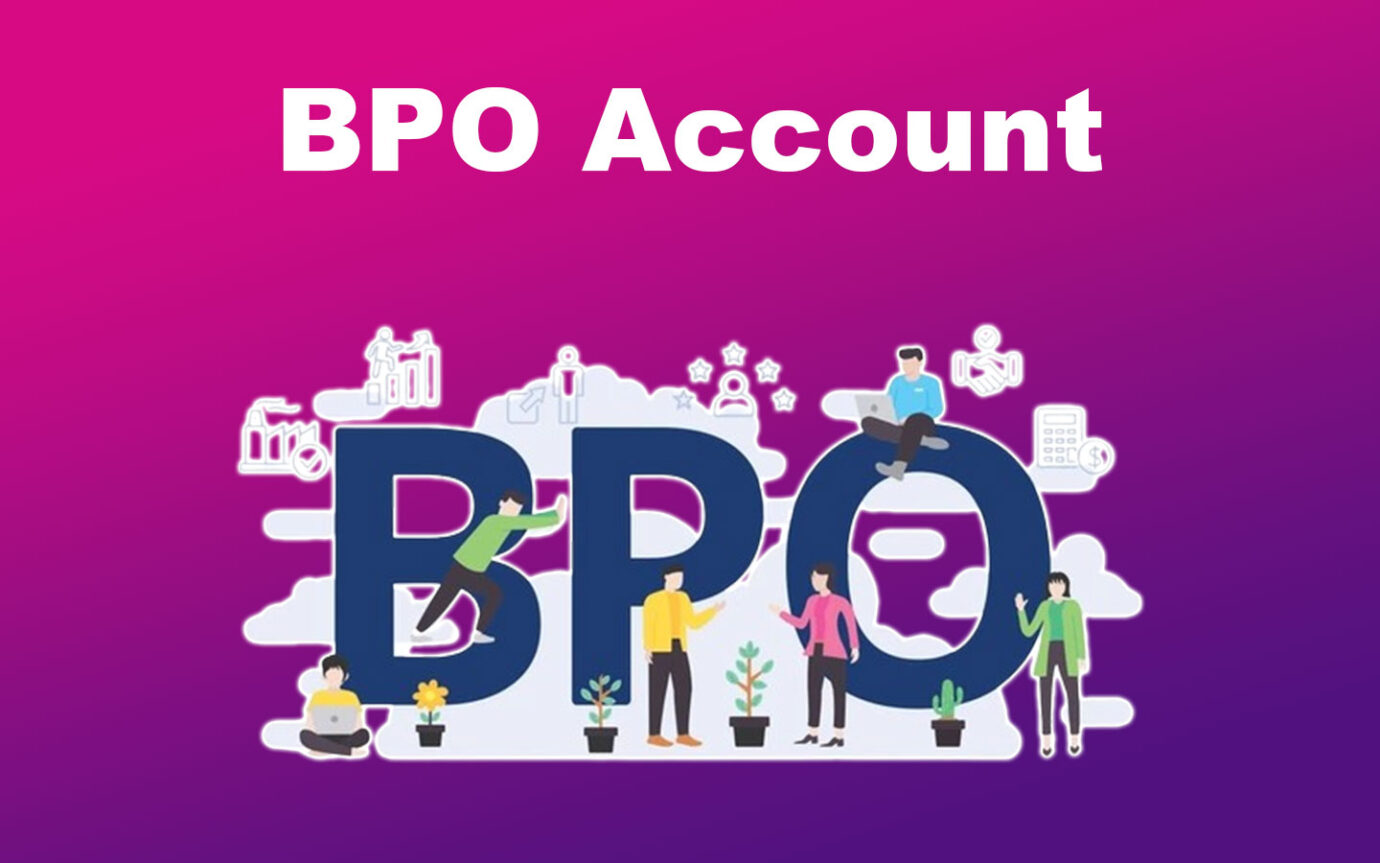
If you plan to avail of a BPO service, you should know which account will suit your needs. In this article, we’ll help you understand what a BPO account is. What are you waiting for? Read on to learn more!
What Is a BPO Account?
A BPO account is an agreement between a company and a Business Process Outsourcing (BPO) provider to outsource certain tasks or services. It includes details like what services will be provided, how they’ll be delivered, and the terms of the agreement.
BPO companies provide services like customer support, tech support, data entry, accounting, HR, and more to businesses that outsource rather than manage these tasks internally.
Learn more about Business Process Outsourcing in Forbes.
What Are the Types of BPO Accounts?
A BPO account will be established once the client and BPO service provider agree on how the BPO company will meet the client’s needs. Because of this factor, numerous types of BPO accounts exist, each catering to different client needs.
Since covering all of them is impossible, we will only discuss the most common types of BPO accounts.
Here are the types of BPO Accounts:
1. Healthcare Account
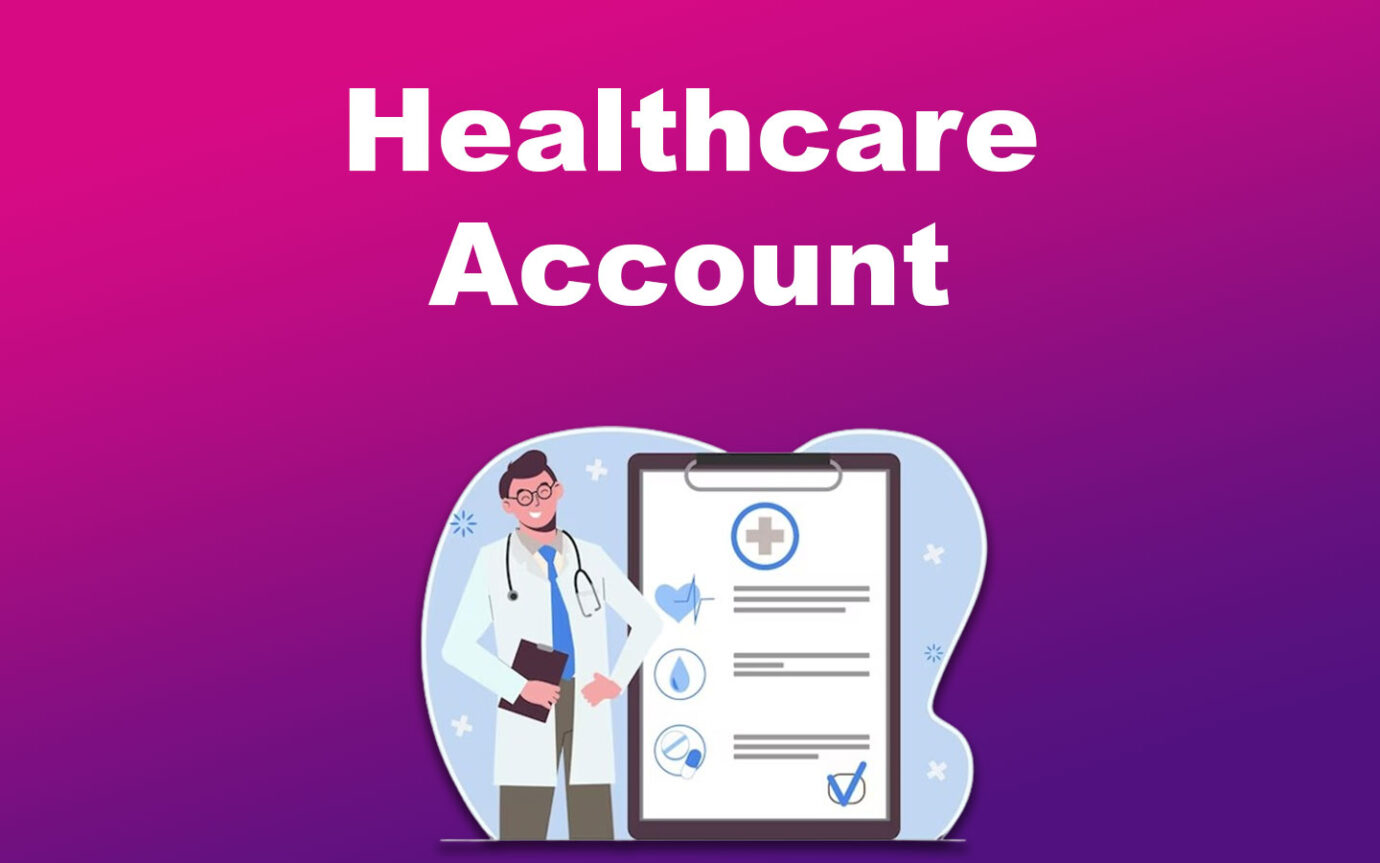
Healthcare BPO means hiring an outside company to handle non-medical tasks for healthcare organizations. Instead of doing these tasks themselves, hospitals and clinics can outsource them.
This lets healthcare providers focus on what they do best—treating patients. Usually, companies outsource to save money, often using vendors in other countries. But they can also hire local services or freelancers for medical coding and billing tasks.
In the healthcare sector, practitioners must respond to emergencies. To excel in this role, you need good medical knowledge. This allows you to advise patients in need and respond to emergencies as they arise.
2. Technical Support Account
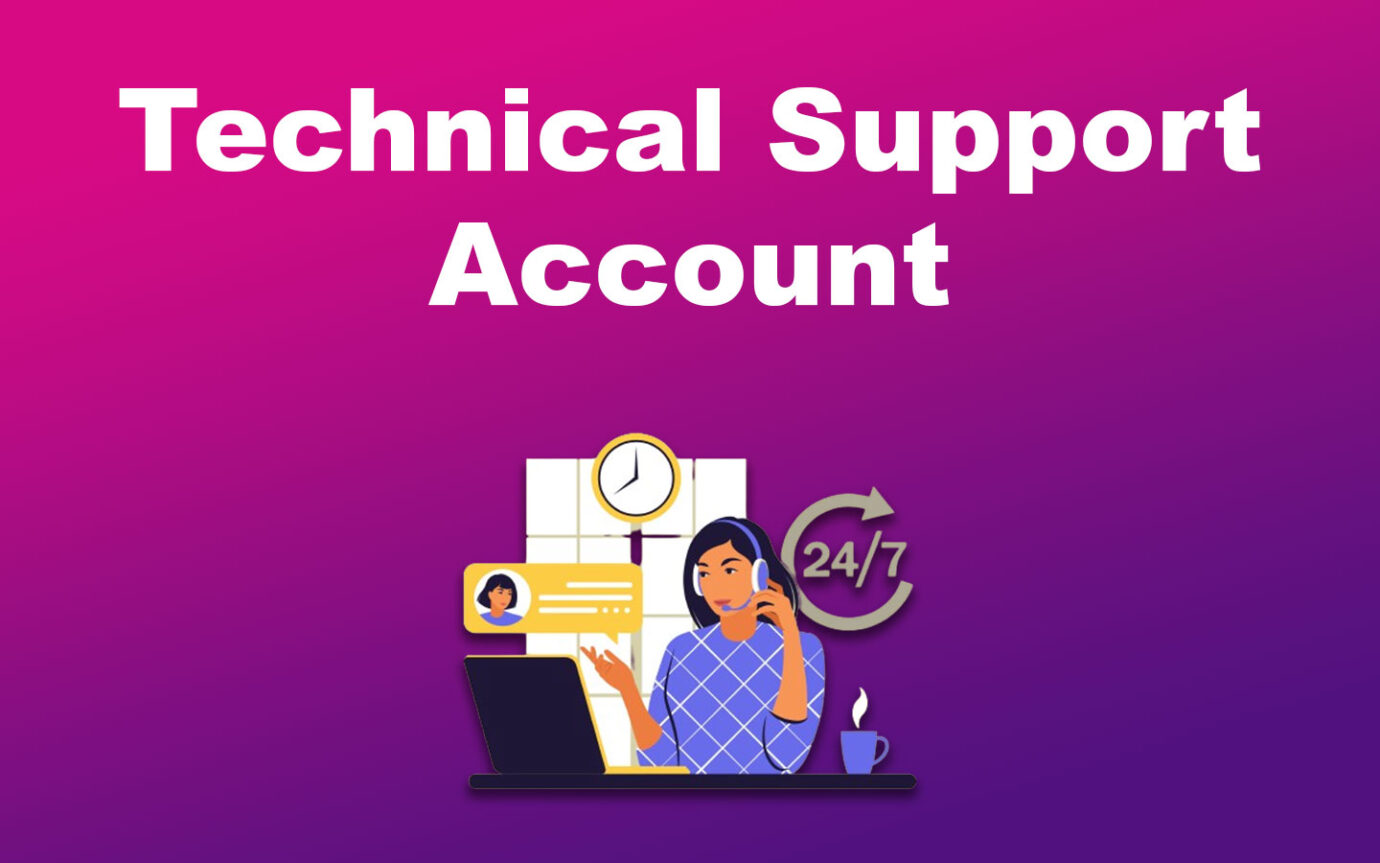
This account is pretty common for agents to deal with. Many issues can pop up in the tech world, like troubleshooting, internet problems, and crashes. Tech support reps help clients fix technical problems with products or services.
They address user concerns and offer solutions, typically from a call center environment.
To handle this account well, you need to know about computers: how to use them, keep them working, and fix them. To prepare for this, you might want to refresh your computer knowledge or dive deeper into understanding the internet. This way, you can help any client with tech problems.
Discover how much BPO costs.
3. Customer Service Account
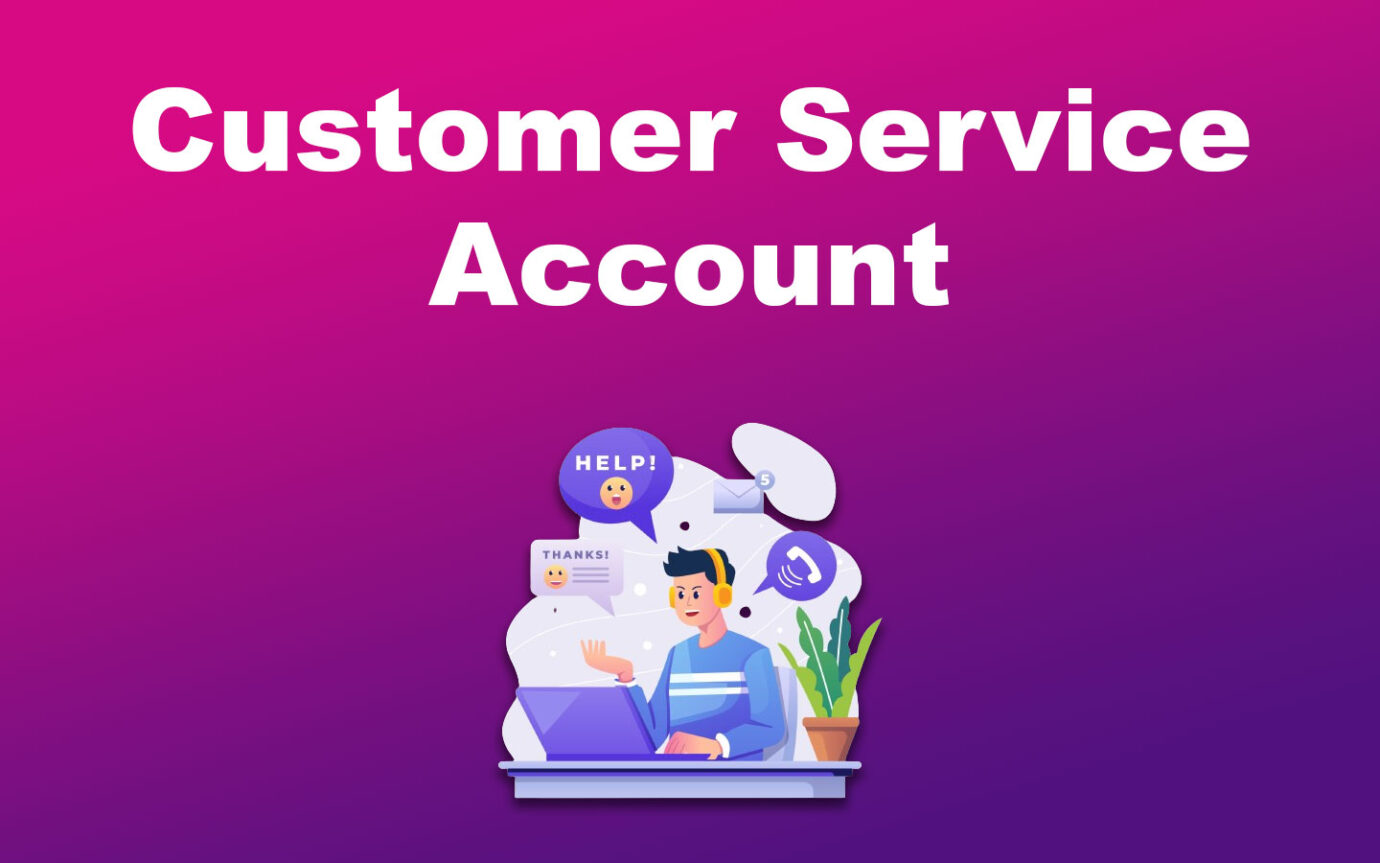
A customer service account handles customer communication for other businesses. They manage queries through various channels like email, chat, phone, and social media. It means solving customer issues well using digital tools like live chat and chatbots.
Customers interacting well with your team are more likely to come back or tell others about your business. Most customers think a company’s customer experience is as important as its products.
Find out how many customer service reps your business needs here.
4. Banking/Financial Services Account
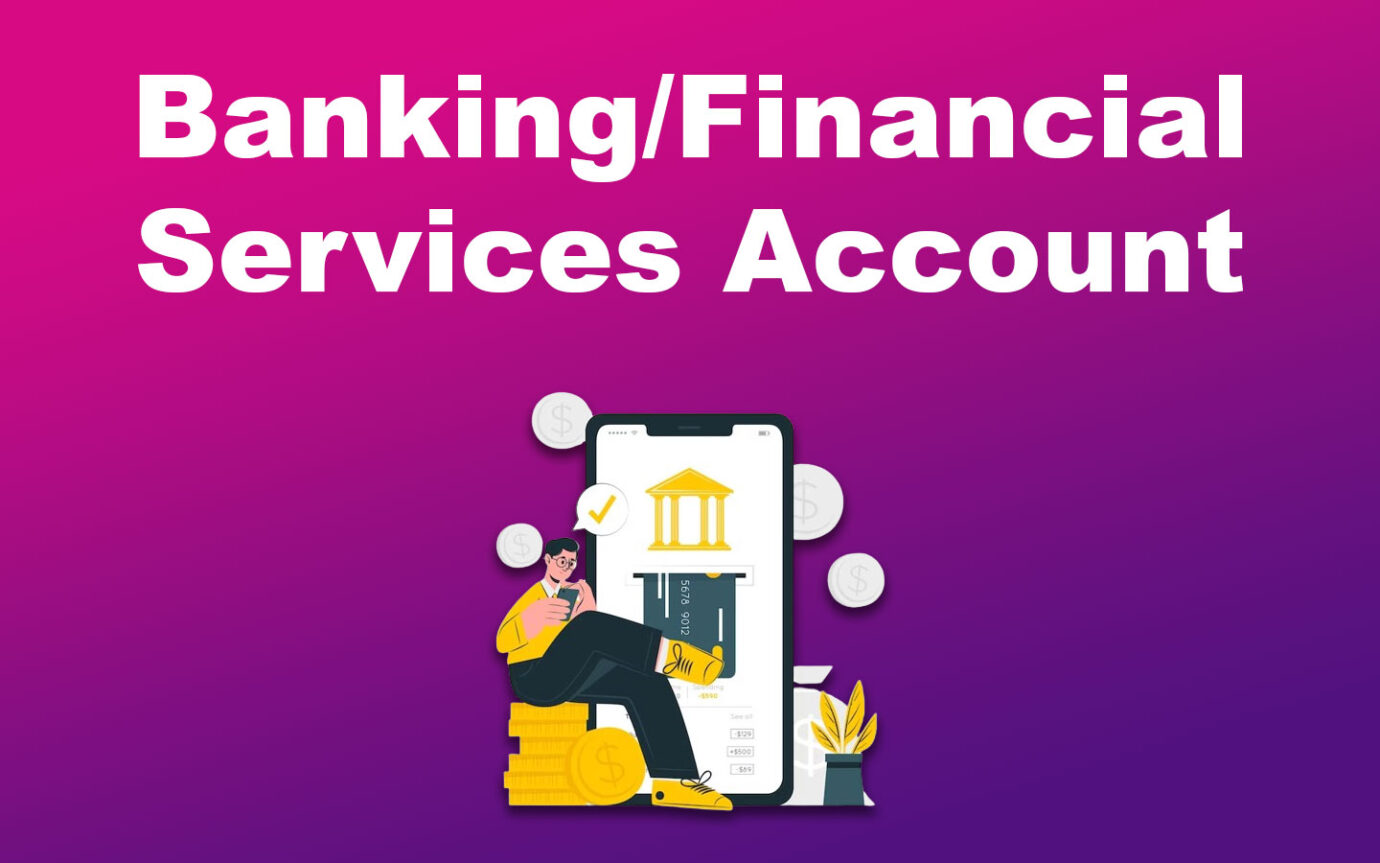
As life changes, people’s financial needs change too. When it comes to saving money or facing financial problems, banks are there to help. This account focuses on keeping personal bank details safe, including income and transactions.
Customers rely on you for advice and help, especially during tough times. If there’s an issue, it’s your job to fix it. You must also inform clients about debts and help them manage the situation.
5. HR Account
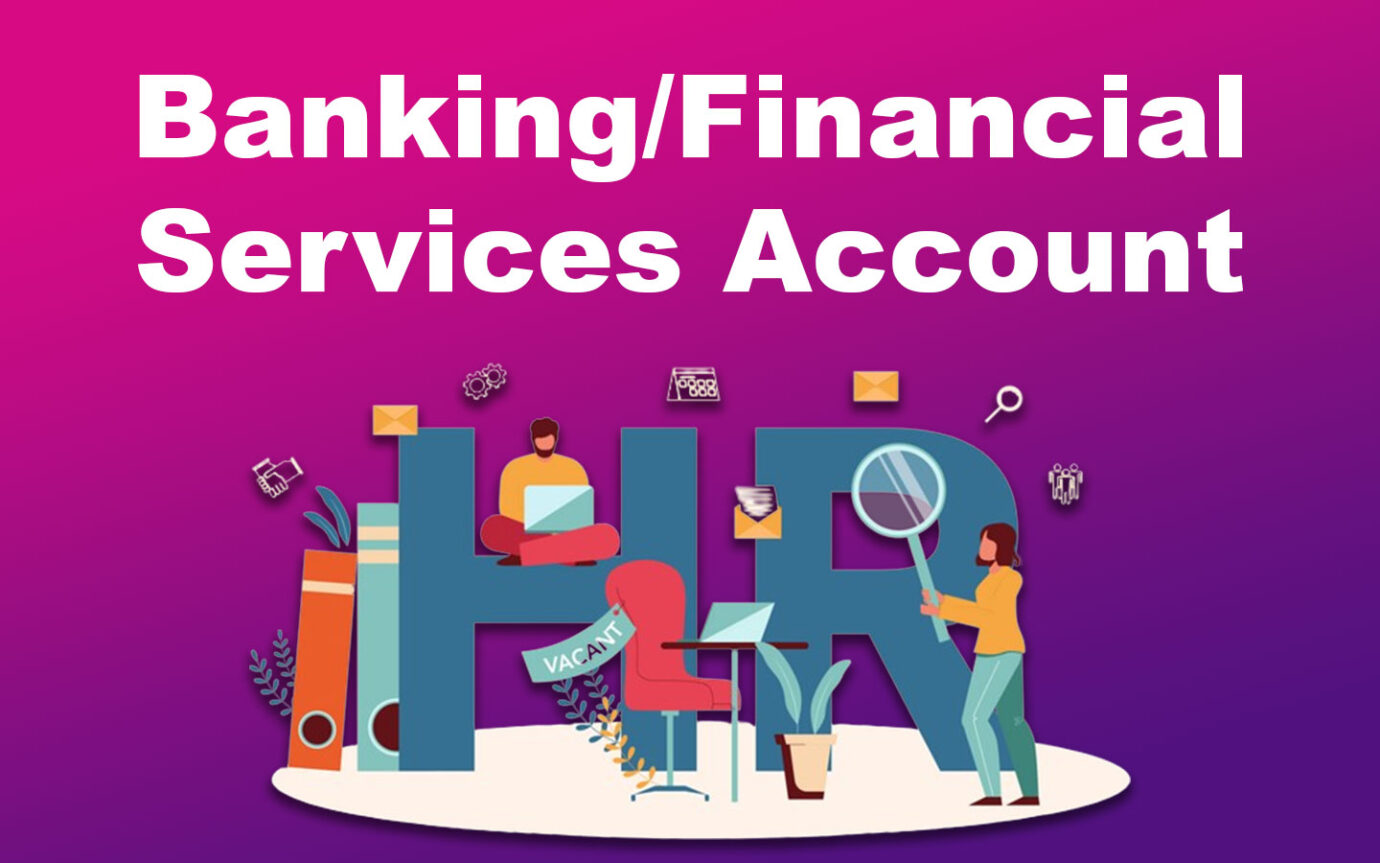
A Human Resources BPO account helps with HR tasks like hiring, welcoming new employees, managing payroll, and handling benefits.
Here are some commonly outsourced HR activities:
- Payroll and Tax Administration.
Outsourcing this saves time and ensures compliance with tax laws. - Recruiting Talent.
Expert recruiters find and screen candidates efficiently. - Complete HR Outsourcing.
For small businesses, HR BPO vendors can handle all HR tasks, from benefits administration to legal compliance.
Do you plan on hiring a BPO personnel for your company? If yes, then it’s important to understand the effective BPO strategy for your business.
6. Back Office Operations Account
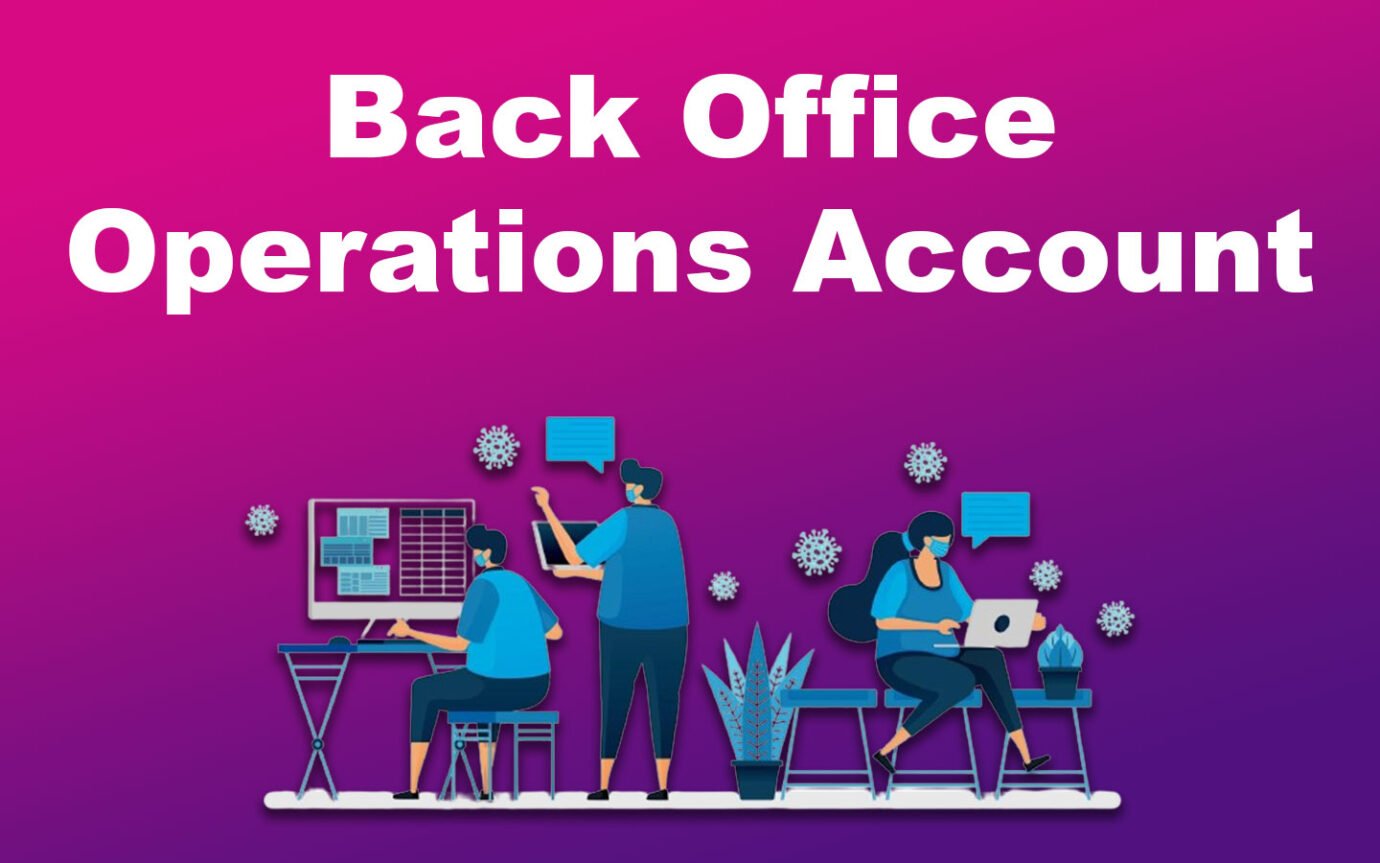
Back office BPO focuses on tasks that don’t involve direct client interactions, such as customer support or sales. Industries like telecommunications, healthcare, real estate, and IT commonly use back-office BPOs to cut costs and streamline operations.
By outsourcing these tasks, companies can reduce the workload of their in-house employees, allowing them to focus on core activities like customer care and product development, ultimately boosting profitability.
7. Retail Account
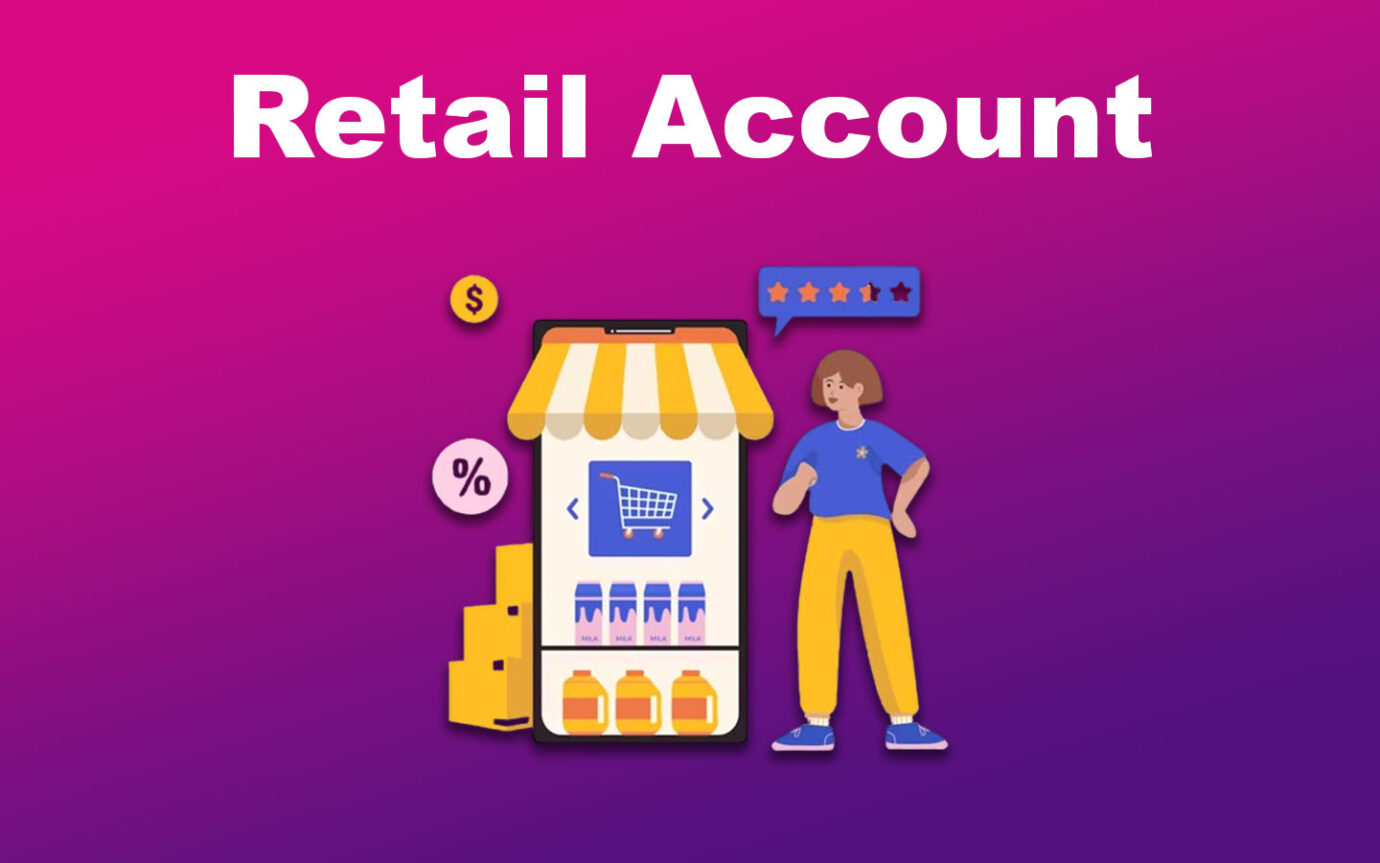
A retail BPO account provides labor support for retail businesses. Online customer service is very important with changing consumer habits and new technology.
Retail outsourcing helps with hiring skilled agents to manage your time better. A larger workforce helps you compete and stay ahead in the market.
Overall, retail BPO accounts improve efficiency and enhance the customer experience for retail companies.
8. Lead Generation Account
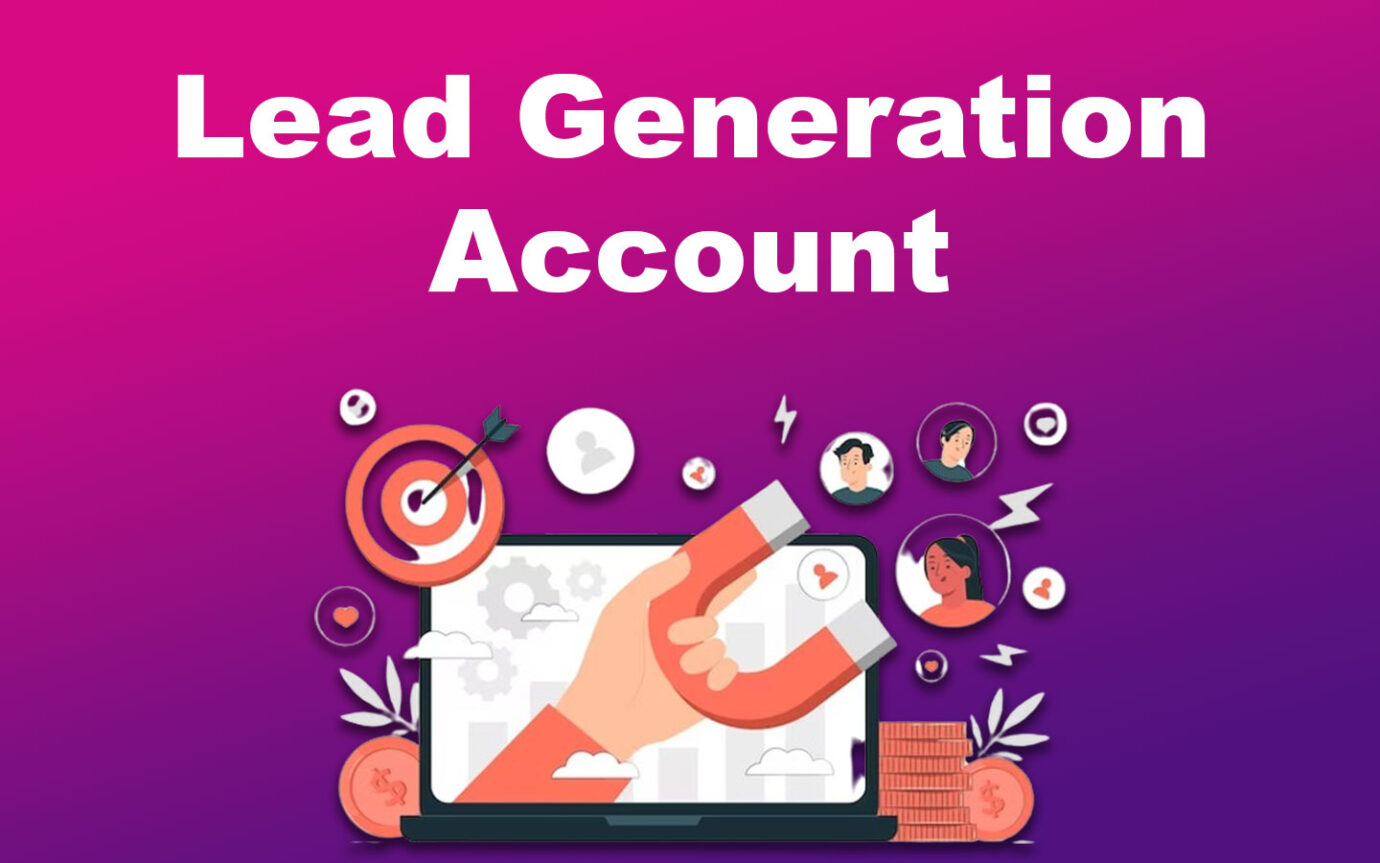
Lead generation is an active way for businesses to grow, separate from traditional marketing. It sparks consumer interest in products or services, creating direct sales opportunities.
Call center lead generation uses different platforms like email and phone to find leads. To increase sales, it can target other businesses (B2B) or consumers (B2C).
BPO companies assist businesses in finding new customers by making calls and promoting products or services. Lead generation roles need strong communication and persuasion skills.
9. Content Moderation Account
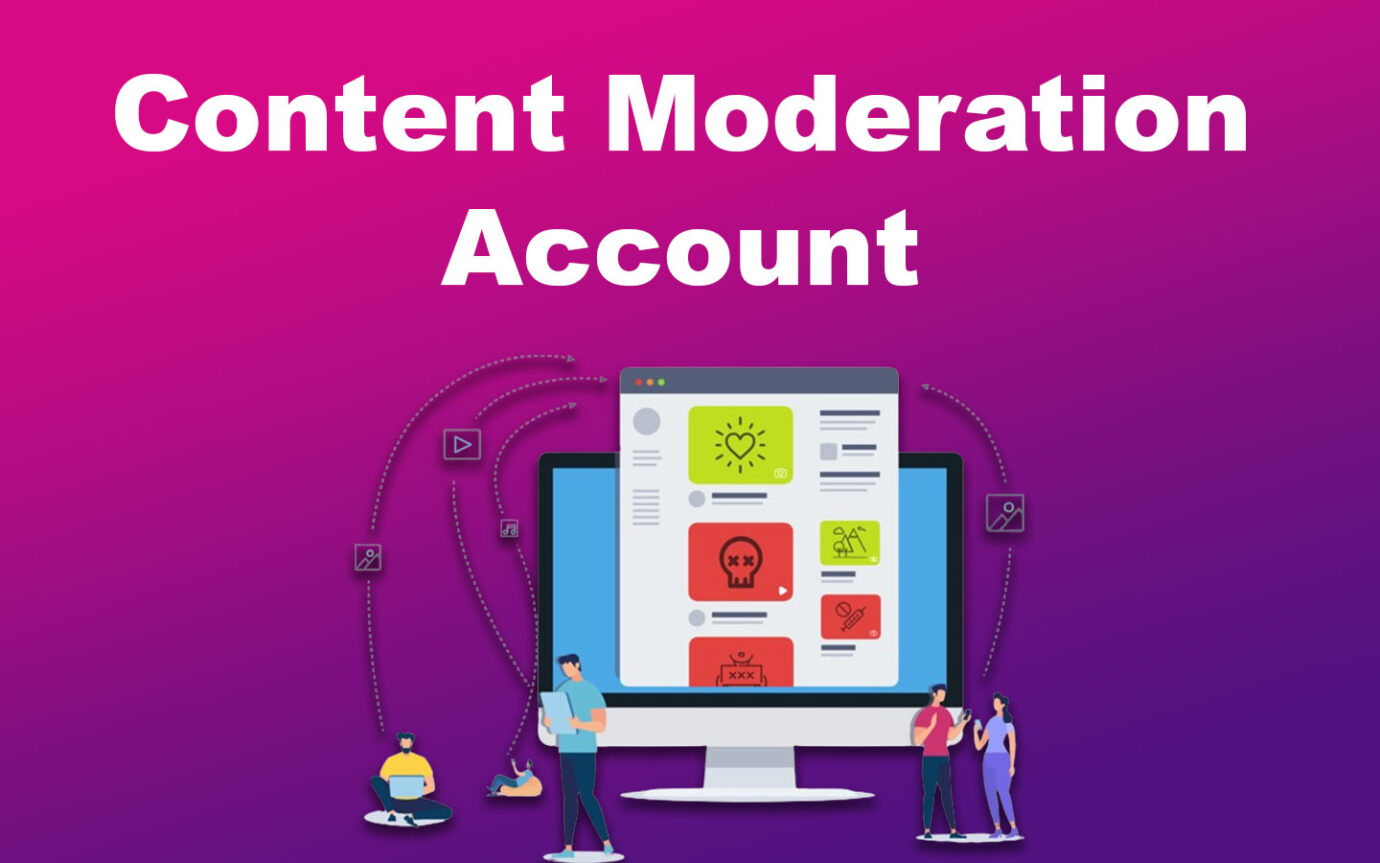
Content moderation is checking and controlling the content users post online to ensure it follows rules and standards. This means removing anything offensive or against the website’s guidelines. When users submit content, it’s reviewed to ensure it’s safe and appropriate.
In this account, human moderation, or manual moderation, is employed. This is when people manually watch and check the content that users post on a website. They follow rules to keep harmful, illegal, or inappropriate content off the site, protecting users from scams and harassment.
Related Post: Business Process Outsourcing Examples
10. Sales Account

Selling your products or services can be stressful without seeming too pushy. Customers are savvy to sales tactics, making selling trickier. However, good customer service is always appreciated.
An efficient call center can help process orders and answer questions about your products, making customers happy.
You can personalize your services with a Sales BPO account. You can choose this account if you’re struggling to sell your products.
Or, if you want to be a sales BPO account agent, you should learn something about selling products and services. Most BPO companies offer training, so you won’t be off your game when you start working on this account.
If you’re handling a sales account, these tips for handling inbound call center sales can help make your job easier!
What Is the Hardest Account in BPO?
The hardest account in BPO is anything related to credit card services because it involves handling sensitive information and fraud prevention. Managing these accounts can be tough because it involves handling difficult customers and requires a lot of patience.
Another thing that makes credit card BPO accounts hard to handle is the involvement of high volumes of transactions. Demanding customers, regulatory compliance, and complex issues also add to this account’s complexity.
Check out this LinkedIn article on BPO Credit Card processing.
Important! Remember that there are various factors to consider before you outsource any of these services to a BPO service provider.
When Should You Use BPO Accounts?
You should use BPO accounts when you need to save costs and time, focus on your core business, scale your operations, and access specialized skills. According to Forbes, hiring a BPO company offers benefits like flexibility, better reporting, lower risk, adaptability, and a competitive edge.
When you partner with a BPO, you hire them to handle parts of your business. This can help cut costs by passing on expenses like IT equipment or hiring more staff.
While cost-cutting used to be the main reason for working with a BPO, now businesses are finding smarter and more strategic ways to collaborate with them.
How Much Do BPO Agents Get Paid?
BPO agents get paid around 57,512 to USD 94,721 per year. This can vary depending on employer, location, housing market, certifications, experience, and qualifications. As you gain more experience, you can use your skills to negotiate a higher salary.
Some BPO agents only work hourly, part-time, or freelance, which can also affect their yearly total salary.
What Is a BPO Account for EDD?
A BPO account for EDD is a Benefit Program Online account for the Employment Development Department. In California, the BPO account will be replaced with myEDD for increased security. Remember not to get confused with Business Process Outsourcing when encountering this acronym.
You can access your BPO account for EDD by logging into EDD – CA.gov. You can also change your BPO account settings there if needed.
Understanding BPO Accounts Will Help You Outsource
As the BPO industry grows worldwide, there’s a need for skilled professionals to handle BPO accounts well. By learning about BPO operations, you can boost job opportunities and land roles like BPO account managers or analysts.
Understanding BPO accounts also helps navigate outsourcing relationships, negotiate contracts, and ensure successful outsourcing projects, benefiting both BPO firms and clients. We hope this article helped you understand what BPO accounts are!